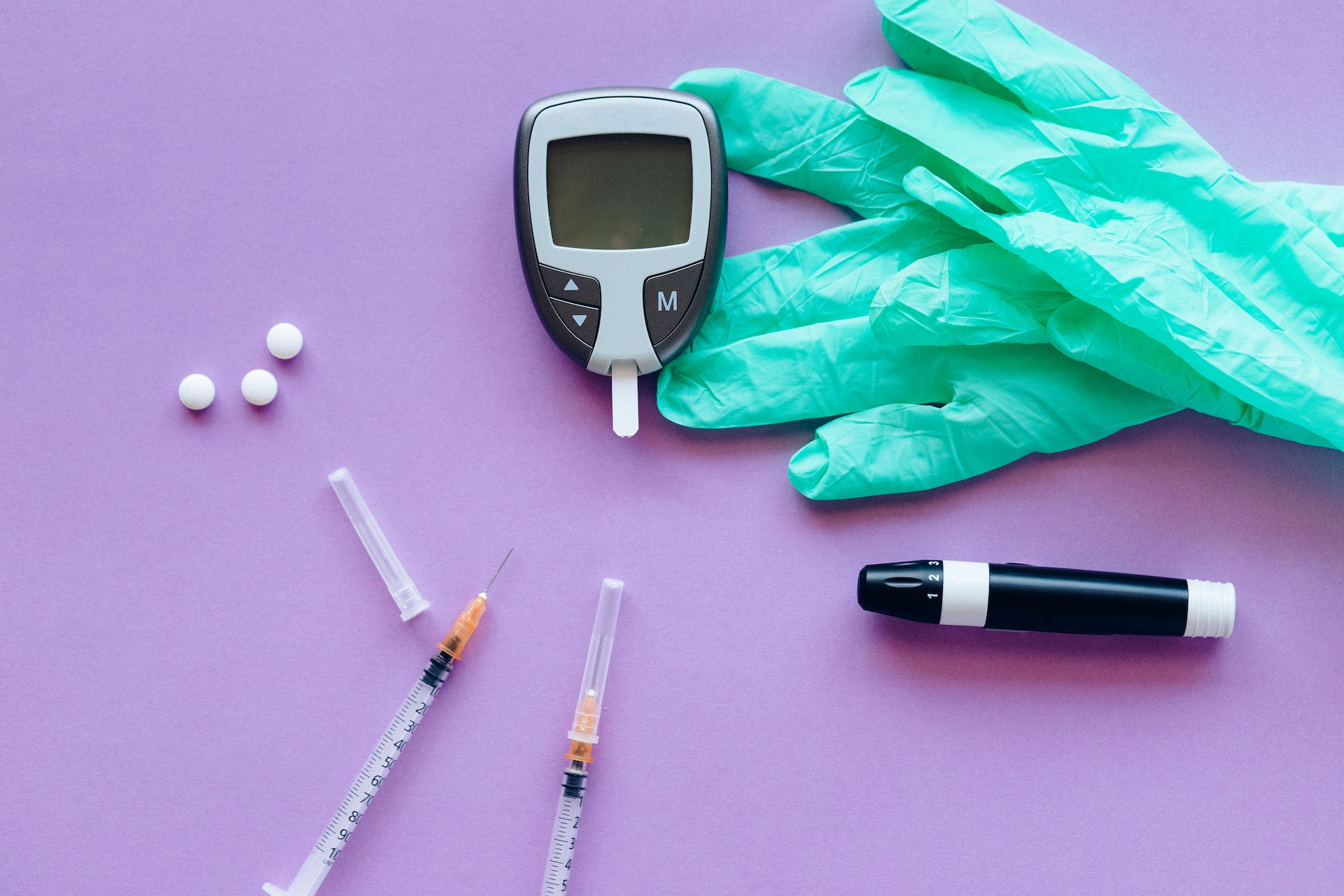With tight schedules and busy lives, sitting down to a meal free of distraction can be more of a luxury than the norm. Mindful eating gets pushed aside for many reasons. Taking a break to satisfy your hunger may also seem like the perfect opportunity to catch up on social media; play a video game, or you may even be stuffing food into your mouth as you tackle odd tasks.
If this sounds familiar, you have probably denied yourself the pleasure of paying attention to your food; and it comes with a cost. Not only does this deny you the opportunity to fully enjoy the sensual experience that a delicious meal offers, it also encourages the bad habit of eating too fast.
The dangers of eating too fast
Aside from the obvious hazard of choking, fast eaters also risk overeating. Because it takes our brains 20 to 30 minutes to send signals of fullness, you may unwittingly eat more than enough to satisfy your hunger.
The consequences go beyond having to deal with the unpleasant pain of being too full. When eating fast becomes a habit, it can lead to weight problems, including obesity. This, in turn, can result in the development of one or several symptoms of what is known as the metabolic syndrome.

Metabolic syndrome is increasingly common. According to the National Institutes of Health (NIH), one-third of the U.S. population suffers from it. Fortunately, you can prevent it by simply changing the way you eat!
Slow eaters reduce risk of metabolic syndrome
Success
You are now signed up for our newsletter
Success
Check your email to complete sign up
A 2018 study, conducted by the Japanese cardiologist Takayuki Yamaji from Hiroshima University, found a direct relationship between eating speed, weight gain and the prevalence of Metabolic syndrome.
Over five years (2008-2013), the weight and health status of 1,083 participants were continuously assessed. All individuals had initially classified themselves as slow, normal or fast eaters; and had provided information on lifestyle factors such as dietary preferences, physical activity and medical history.
During the study, 84 people developed metabolic syndrome. The data revealed that the incidence rates of metabolic syndrome were 2.3% and 6.5% for slow and normal-eating participants, while the figure rose to 11.6% for fast eaters.

“Eating speed was significantly correlated with weight gain, triglyceride (TG) and high-density lipoprotein cholesterol (HDL-C) components of metabolic risk factors,” explained the authors, who concluded that eating slowly may be a crucial lifestyle factor for preventing metabolic syndrome disease.
Eating slowly assists your body
The process of digestion is the result of the joint effort and great coordination of several organs and structures of our body. Although it works on a daily basis without us having to direct it, it is worth stopping to admire all that it does for our well-being and even consider making its work a little easier.
If we wait a few seconds before taking the first bite, for instance, saliva begins to moisten our mouth to facilitate swallowing, and our stomach prepares for work by secreting acid. Similarly, our small intestine receives signals to prepare for peristalsis — the wave-like muscle contractions that move food through the digestive tract.
Decreasing our eating speed also allows us to chew more thoroughly and regulate the size of our bites. A study conducted by Kathleen Melanson, URI associate professor of nutrition at the University of Rhode Island, found that fast eaters tend to consume more food.
The data showed that slow, medium and fast eaters consumed 2, 2.5 and 3.1 ounces of food per minute, respectively. Consuming larger-than-usual amounts of food at any given time increases the likelihood that the food is not fully processed when it enters our digestive tract. This makes it more difficult for the stomach to break it down into chyme and can result in indigestion.

Melanson’s study also demonstrated the connection between eating speed and body weight, concluding that slow eating can reduce food intake. While the link between eating rate and obesity — a cause of metabolic syndrome — is still being studied, Melanson believes that slow eating may play a key role in weight management.
Simple steps for mindful eating
It may seem difficult to squeeze time into your busy schedule for eating properly, but try practicing this healthy habit at least once a day. Whether you choose start your day with an unrushed breakfast, or savor a calm dinner at the end of the day, here are some tips to start eating slowly:
1. Avoid extreme hunger
When we wait until the feeling of hunger becomes unbearable, it is very difficult to regulate our eating speed and we may even overeat in an impulse to satisfy our hunger. Keep some wholesome snacks on hand and listen to your body’s cues for hunger.
2. Establish an eating environment
Make a point of controlling your multitasking instinct when you eat, which includes not texting, not working, and not driving while eating. While convenient for obtaining food, drive-throughs are not conducive to digestion.

3. Take more time to chew
Chewing more slowly helps break down our food to make it easier to digest. It also allows the enzymes of saliva to break down fats more effectively. On average, most foods should be chewed about 32 times, with tougher bites requiring up to 40 chews, while fewer chews are sufficient for tender morsels.
4. Put down your fork, and pick up chopsticks!
Putting down your fork between bites will help you pace yourself and savor each bite. Take a moment to breathe and appreciate your surroundings. Honor the presence of those eating with you, or rejoice in the peace that comes with solitude.
Switching to chopsticks can help you eat more slowly, not only because of the physical and cognitive demands of coordinating your fingers, but also because chopsticks hold a smaller portion compared with a fork or spoon.

5. Be patient
Developing new habits requires that you identify any behaviors that don’t serve you and strive to replace them with those that you want to embrace. This can be especially difficult for habits that have become second nature, but it is not impossible. If you are consistent and practice self-compassion, you will get closer and closer to becoming the best version of yourself.















